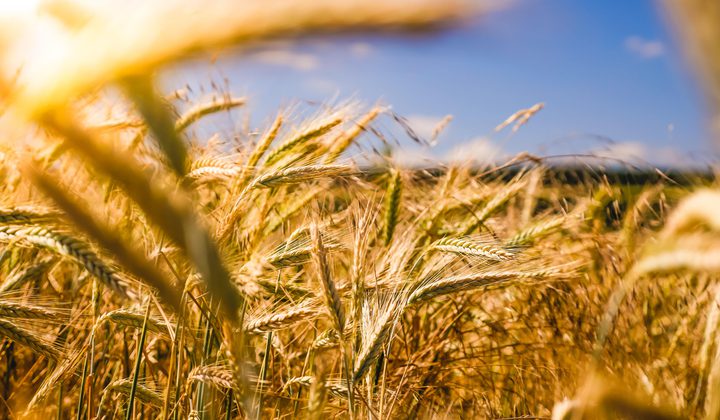Alongside COP29, this session at the Trade and Investment House Pavilion explored pathways for greater international cooperation on trade and sustainable agriculture to support achieving the Paris Agreement’s climate goals, nature-positive agri-food supply chains, and sustainable development.
The agriculture sector accounts for up to 34% of GHG emissions when considering agriculture and land use, storage, transport, packaging, processing, retail, and consumption. It also represents a critical source of food, feed, fuel, and livelihoods, although the current food system fails to deliver food and nutrition security for all.
Sustainability in global agriculture and food systems is a top challenge for the global climate agenda. There are multiple objectives at hand, from reducing GHG emissions and deforestation and building resilience to improving access, availability, and stability of food while protecting ecosystems and restoring biodiversity. Trade and trade policies play a critical role in this equation.
Ensuring that trade and the global trading system deliver for sustainable agriculture has been repeatedly affirmed at the highest political level, for example, through the COP28 UAE Declaration on Sustainable Agriculture, Resilient Food Systems, and Climate Action, the COP26 Leaders’ Declaration on Forests and Land, and the Forest, Agriculture and Commodity Trade (FACT) Dialogue, supported by global exporters and importers of agricultural commodities.
In the absence of effective regulations, trade can exacerbate environmental challenges associated with food production such as deforestation as well as soil and water depletion. On the other hand, trade plays a critical role in the livelihoods of millions of farmers around the world and in ensuring food security for countries that rely on imports to meet at least part of their nutritional needs.
Countries and companies are making a growing number and range of trade-related efforts to address unsustainable trade flows, among which the European Union Deforestation Regulation and numerous private sector initiatives to improve the sustainability of global supply chains through voluntary standards.
As governments and businesses face a proliferating patchwork of national policies & requirements on the sustainability of agricultural trade, tensions are rising about both effectiveness and fairness. This roundtable identified some of the key trends, challenges, gaps, principles, tools, and concrete opportunities for a cooperative trade agenda on sustainable agriculture and climate.
Speakers
- Maggie Charnley, Head of International Forests Unit, UK Government
- James Stapleton, Senior Strategic Advisor, Advocacy for Impact for the CGIAR
- Miriam Garcia, Senior Climate Policy Manager, WRI Brazil
- Emeline Fellus, Senior Director, Agriculture and Food, & Member of the WBCSD Extended Leadership Group
Moderator
- Hans Verolme, Senior Strategic Advisor, Forest, Agriculture & Commodity Trade (FACT) Dialogue
Co-hosted with




